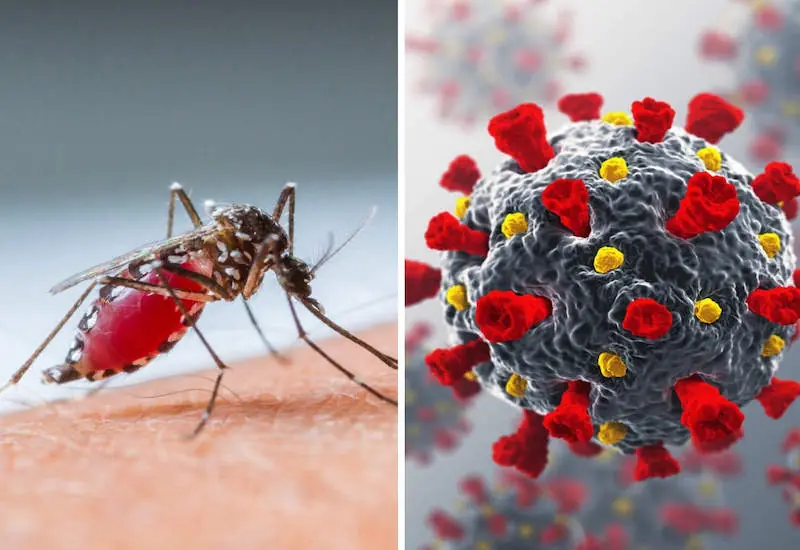
4 Dishwashing Habits Everyone Should Stop Immediately!
One Person Washing Dishes, the Whole Family Gets Sick? 4 Dishwashing Habits Everyone Should Stop Immediately!
Washing dishes — a simple, everyday task in every household — may seem harmless, but it actually hides serious health risks that most people overlook.
According to doctors, if even one person in the family washes dishes the wrong way, the entire household could be exposed to harmful bacteria and pathogens lurking on those everyday plates and utensils.
Unclean Dishes: Bacteria “Staying at the Table”
Many people wash dishes carelessly — stacking them up with leftover food still stuck on, thinking it’s convenient. In reality, this habit is dangerous. Food residue left on plates becomes the perfect breeding ground for bacteria, especially in warm, humid environments. These bacteria can multiply rapidly, release toxins, and even spread to other utensils.
Experts warn that bacteria like Salmonella (which causes food poisoning) and Helicobacter pylori (linked to stomach ulcers) can survive on poorly washed dishes. Therefore, always rinse off all food residue — especially grease, meat, and fish — before washing to minimize bacterial growth.
Mixing Raw and Cooked Utensils: Inviting Illness Home
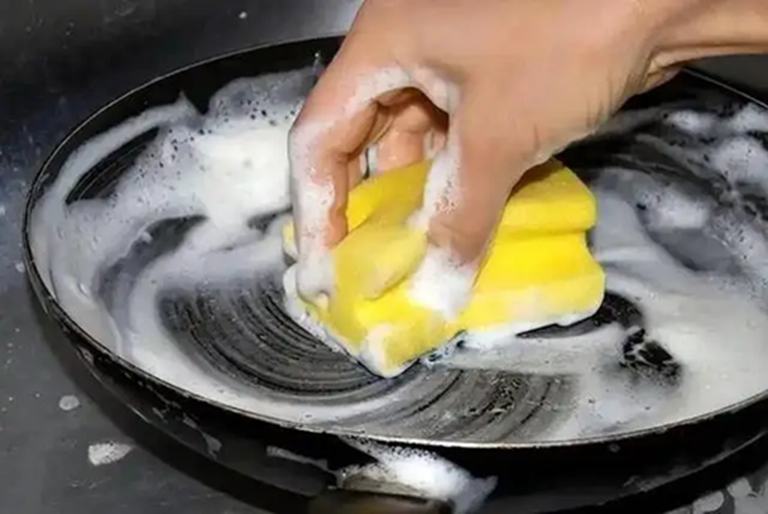
Many households use the same basin and sponge to clean both raw food utensils (like cutting boards and knives) and plates used for cooked food. This seemingly harmless shortcut is actually a major source of cross-contamination.
Raw ingredients such as meat, fish, and seafood can contain harmful bacteria like E. coli, Listeria, and Salmonella. When washed together, these microbes easily transfer to clean dishes and can enter the body through food — leading to gastritis, diarrhea, or even acute food poisoning.
Always separate cleaning tools for raw and cooked items, and never use the same knife, cutting board, or sponge.
The Sink: A Forgotten Bacterial Hotspot
While focusing on washing dishes, many people forget that the sink itself is one of the dirtiest places in the kitchen. Grease, leftover food, and wastewater collect there, creating an ideal environment for mold and bacteria.
Studies have found that the bacterial density in an unclean sink can be dozens of times higher than that of a toilet seat! Experts recommend thoroughly cleaning the sink at least once a week, paying special attention to the drainpipe, where grease and residue often build up.
The Dish Sponge: The “Disease Nest” in Your Kitchen
The dish sponge, which comes in direct contact with plates and utensils, is often the most neglected item. If it stays damp, unwashed, or not dried properly, it quickly becomes a haven for bacteria, mold, and pathogens.
A study by the University of Arizona (USA) found that over 75% of household dish sponges contained E. coli and Salmonella — leading causes of diarrhea and intestinal infections.
To stay safe, wash the sponge daily, dry it completely, and replace it every 2–3 days. Most importantly, never use the same sponge for both dishes and kitchen surfaces.
Wash Dishes Properly — Protect Your Family’s Health
Clean dishes don’t depend only on detergent — they rely on good habits and a proper cleaning routine. To keep your kitchen safe:
-
Always remove leftover food completely before washing.
-
Separate utensils for raw and cooked foods.
-
Clean the sink regularly to prevent residue buildup.
-
Wash and replace dish sponges frequently.
A small action in your kitchen can have a huge impact on your family’s well-being.
Don’t let carelessness in dishwashing become the “open door” for bacteria to enter your meals.
Wash your dishes the right way — for a safe kitchen and a healthy home.
News in the same category


These 3 Nighttime Signs Reveal Your Kid.neys Are in Danger!
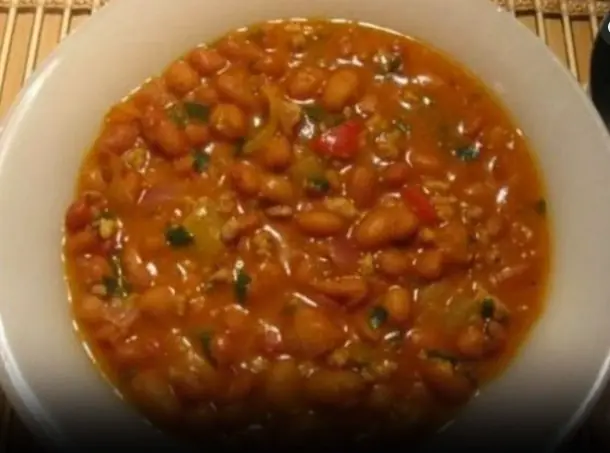
The Vegetable That Helps Reduce Sugar in The Body. It is Diabetes’ Strong Opponent

The Power of Gyan Mudra: Benefits and How to Practice It
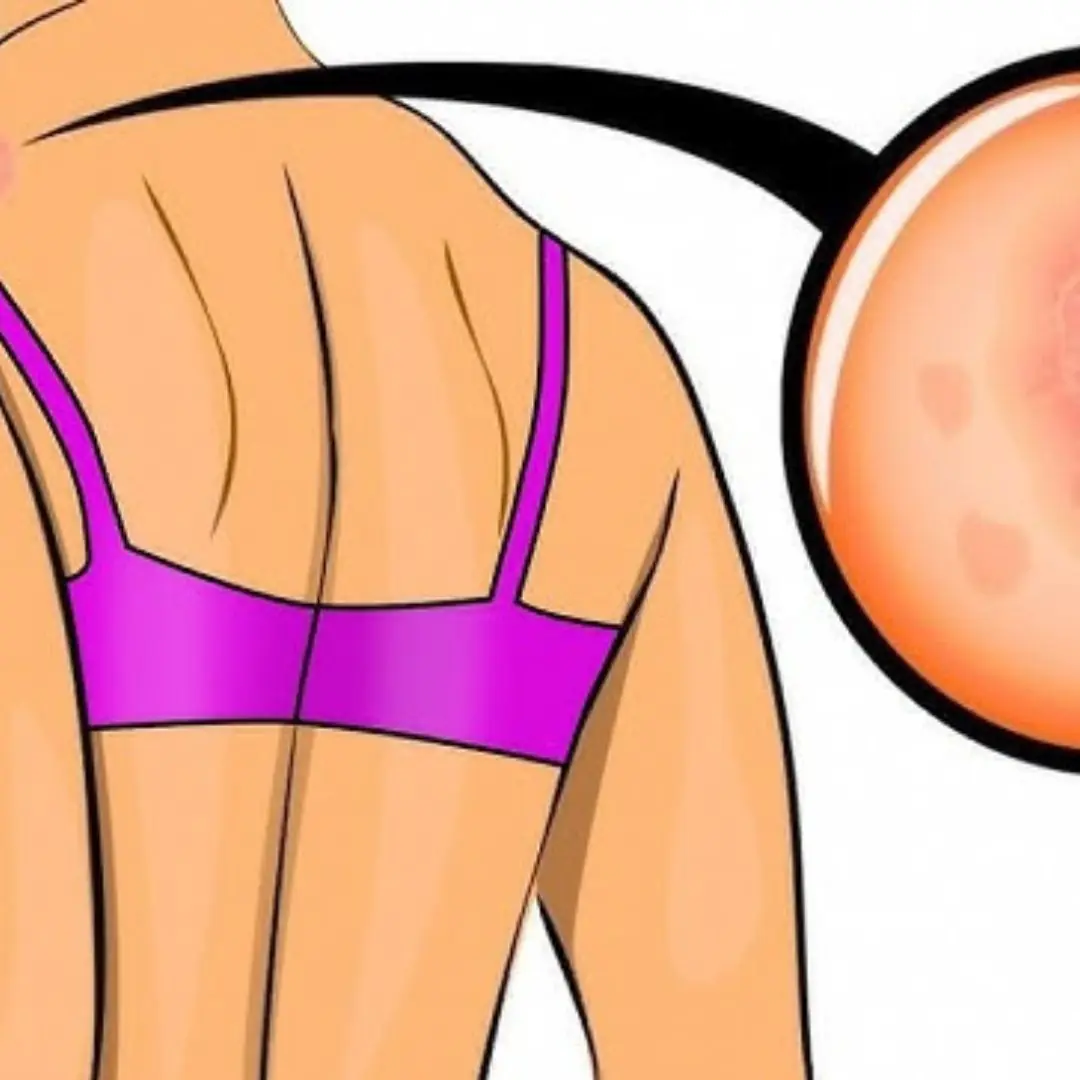
7 Warnings Your Body Gives You When You’re Too Stressed
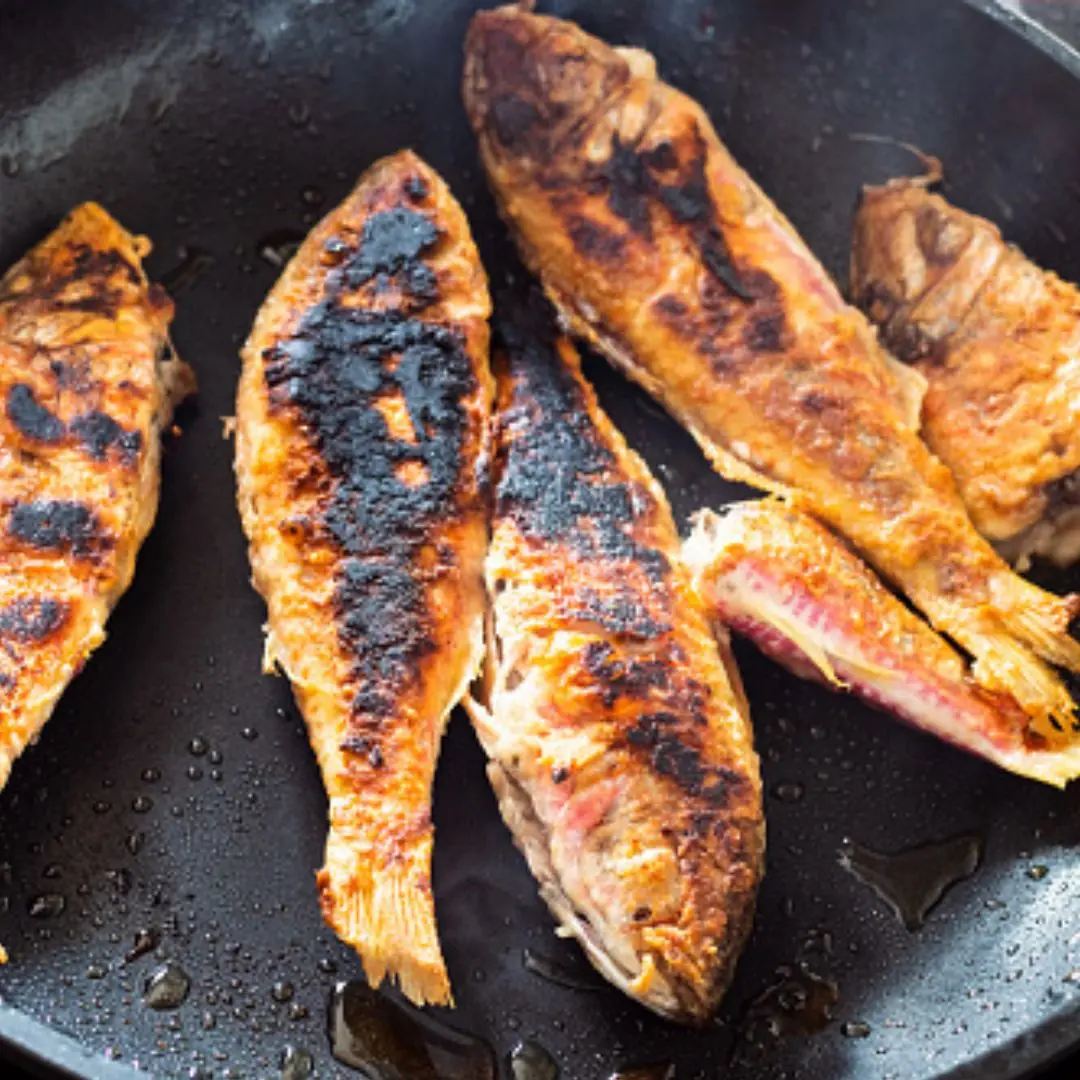
Fish is very good for your health, but absolutely do not eat it like this: It can easily cause cancer, many people still get it.
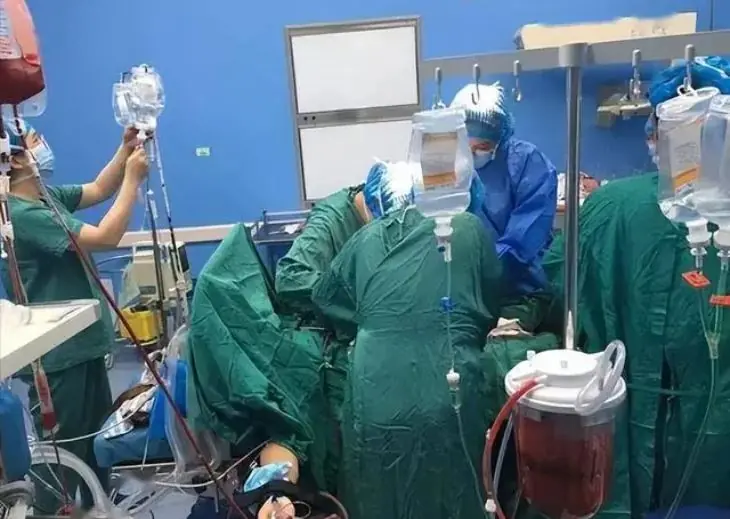
Waking Up at Night to Drink Water, a 59-Year-Old Man Di.ed Five Days Late
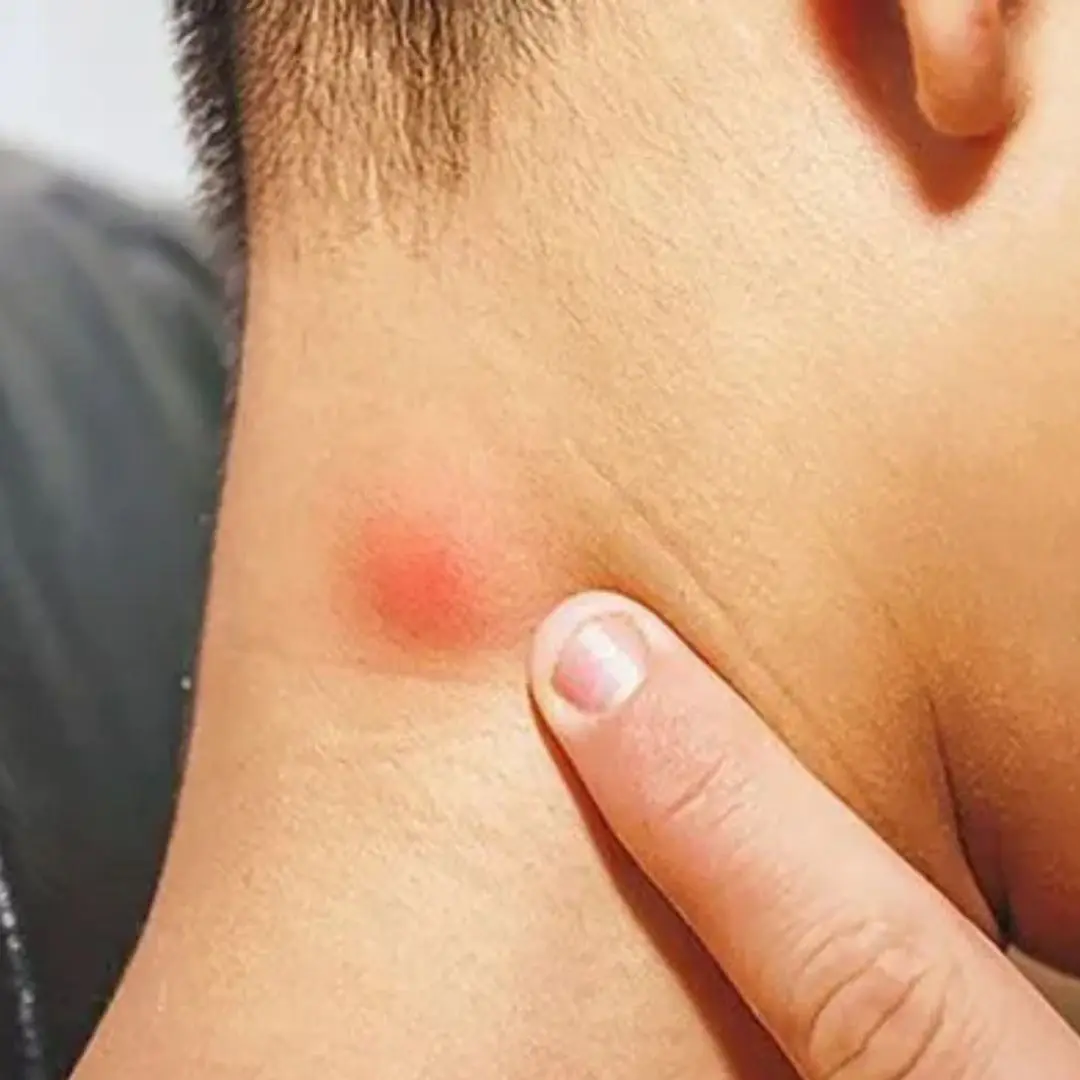
Found a Lump on Your Neck? Here’s What It Could Really Mean
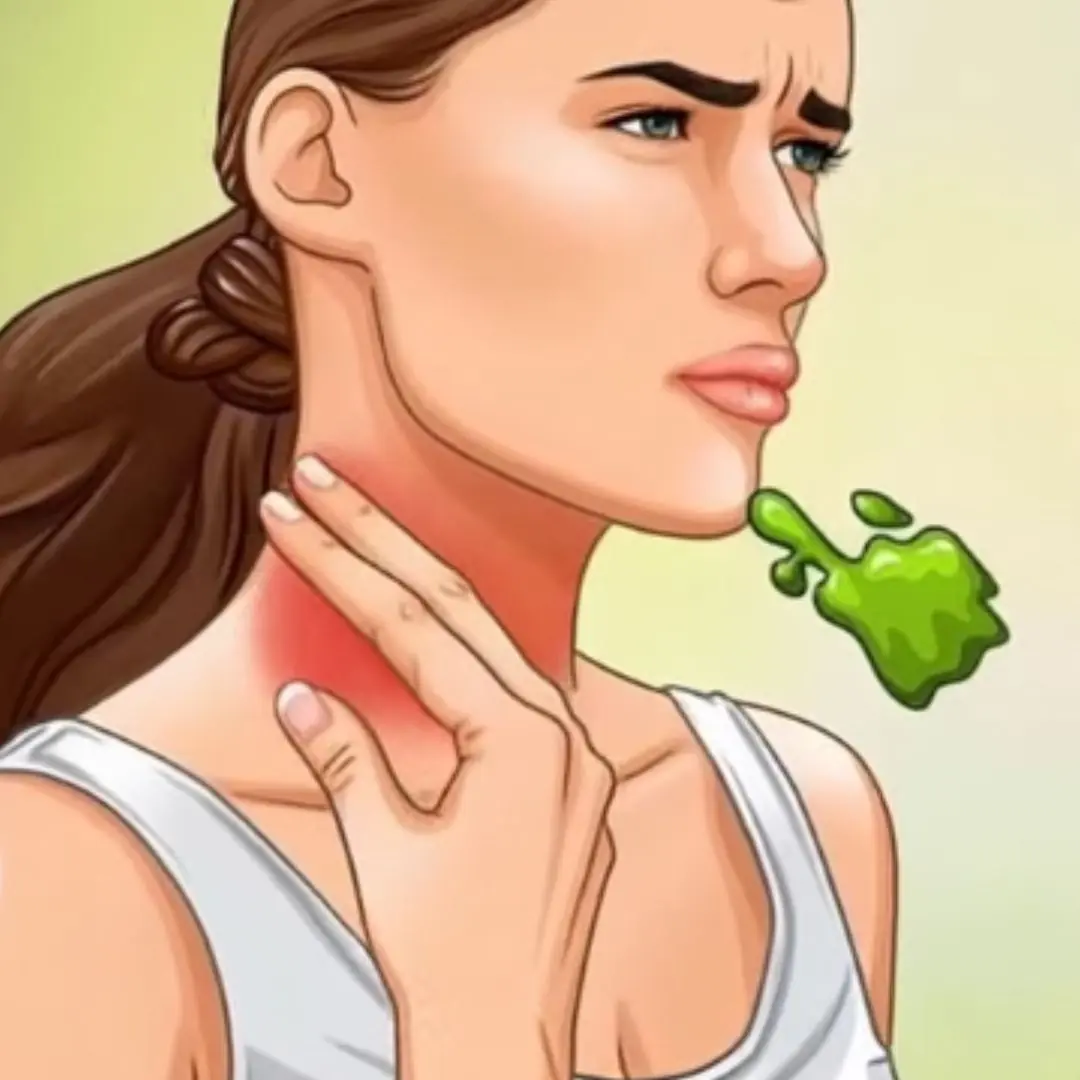
Why your throat keeps filling with mucus — the real causes revealed

What time should you take a bath to ensure health safety and reduce the risk of stroke?
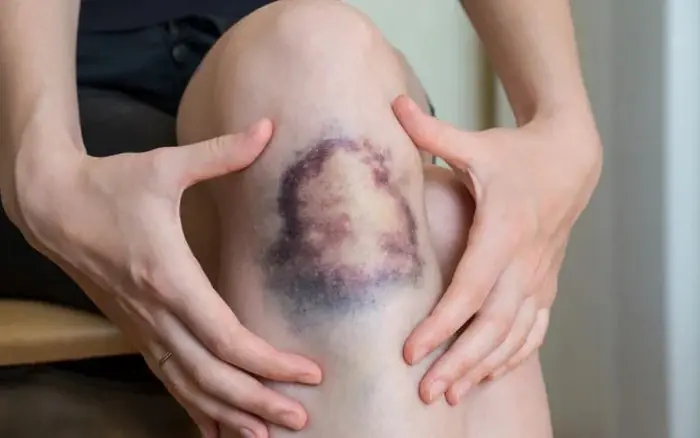
People with These 4 Skin Signs May Have “Loads” of Can.cer Cells Without Knowing It
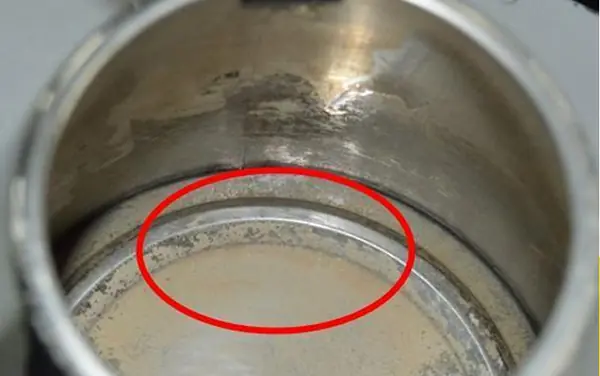
Be Careful If Your Family Often Boils Water with an Electric Kettle

Eat the Right Carbs, Nourish the Spl.een and Sto.mach:
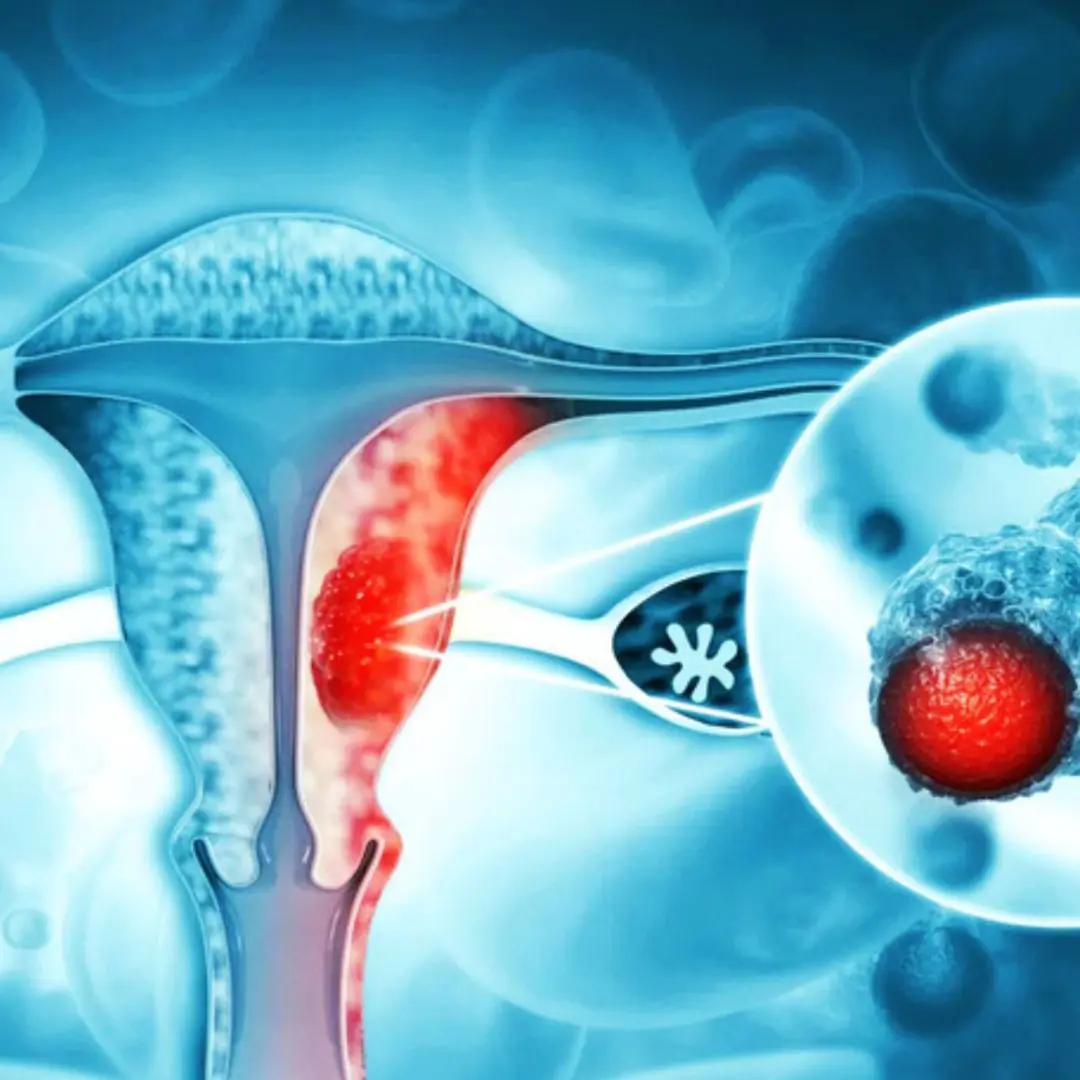
3 intimate habits of husbands that may increase wives' ri.sk of cer.vical can.cer: Stop before it's too late
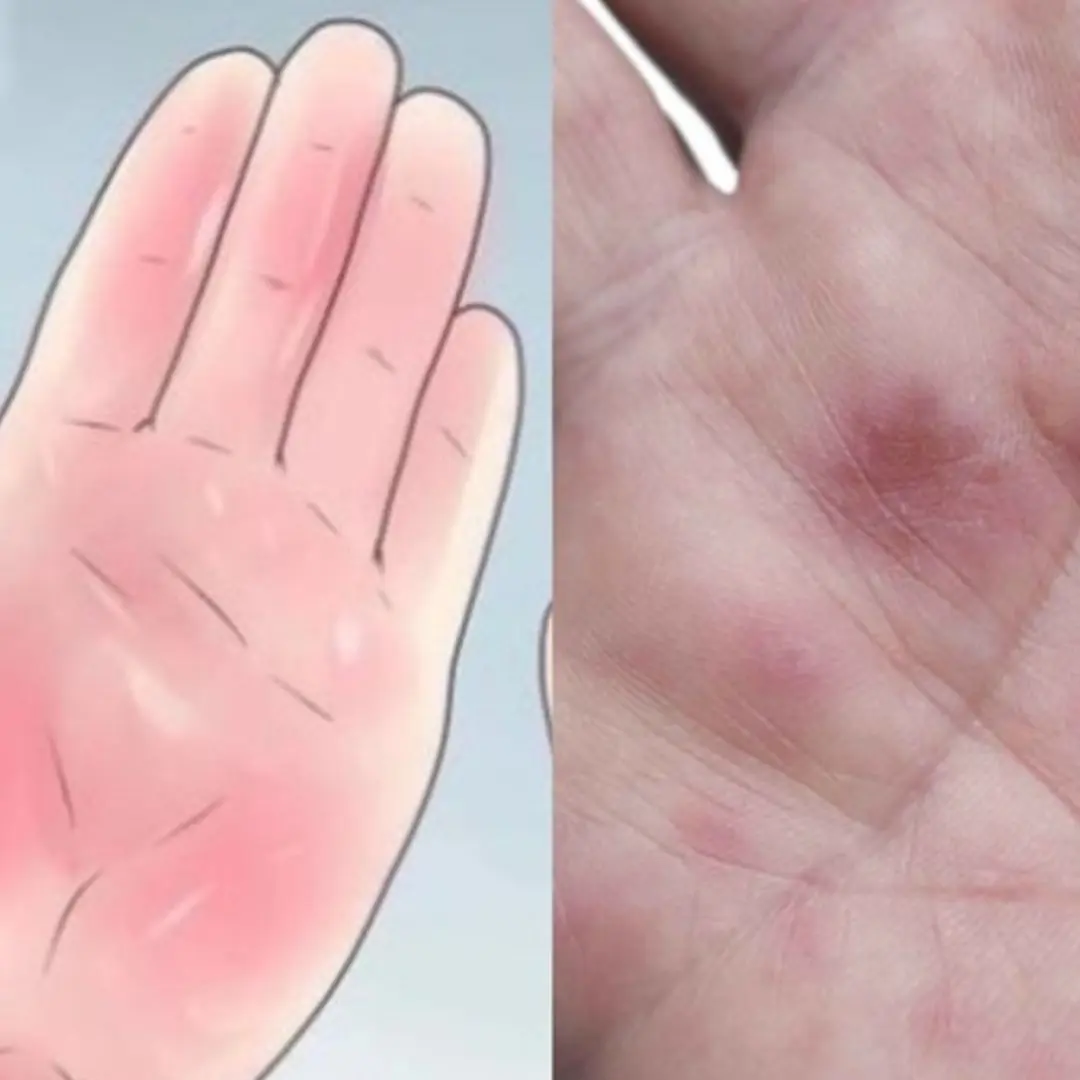
If your hands show any of these 4 warning signs, see a doctor right away — your body might be signaling a serious health problem!
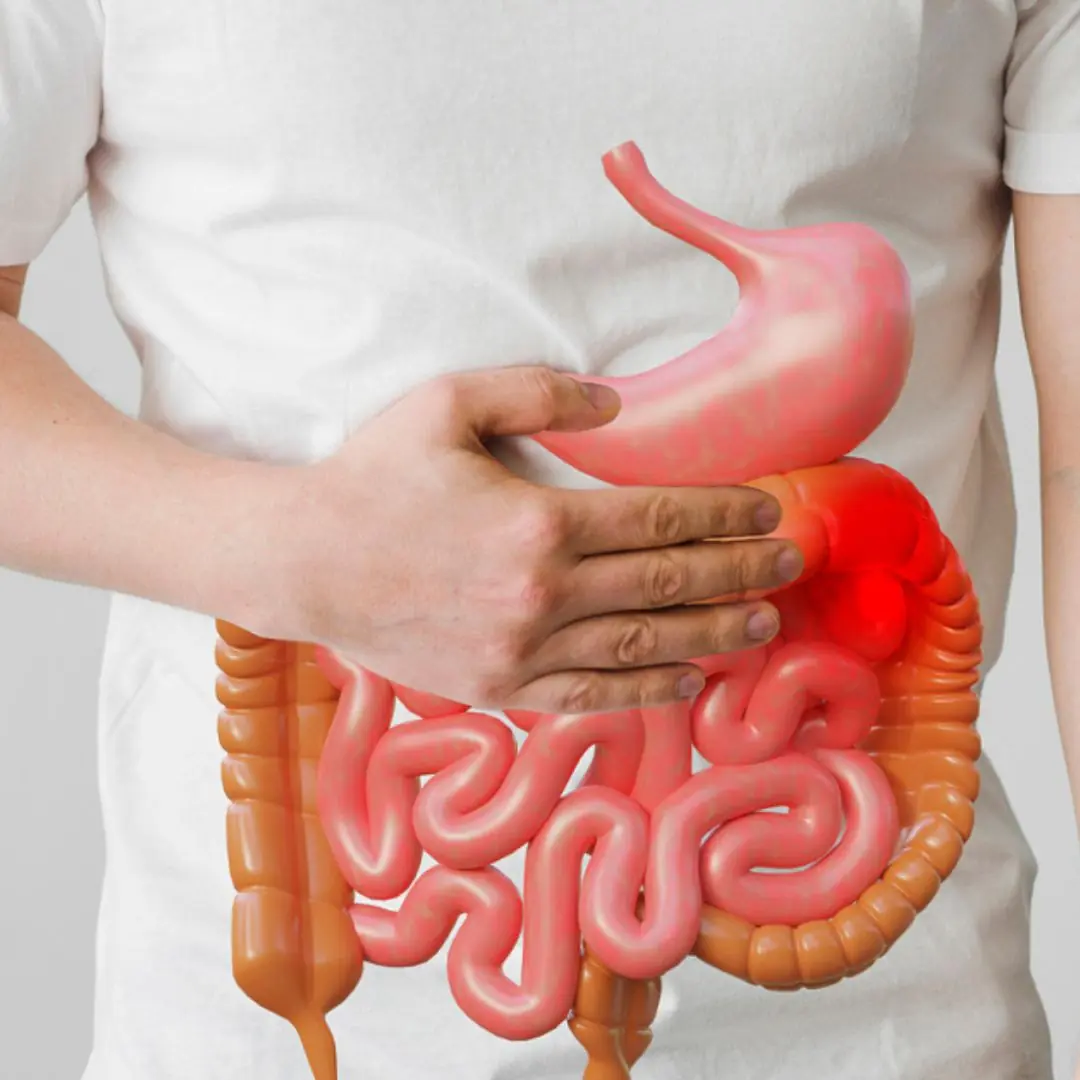
6 warning signs that your intestinal disease is serious, if you have just 1 you should go see a doctor
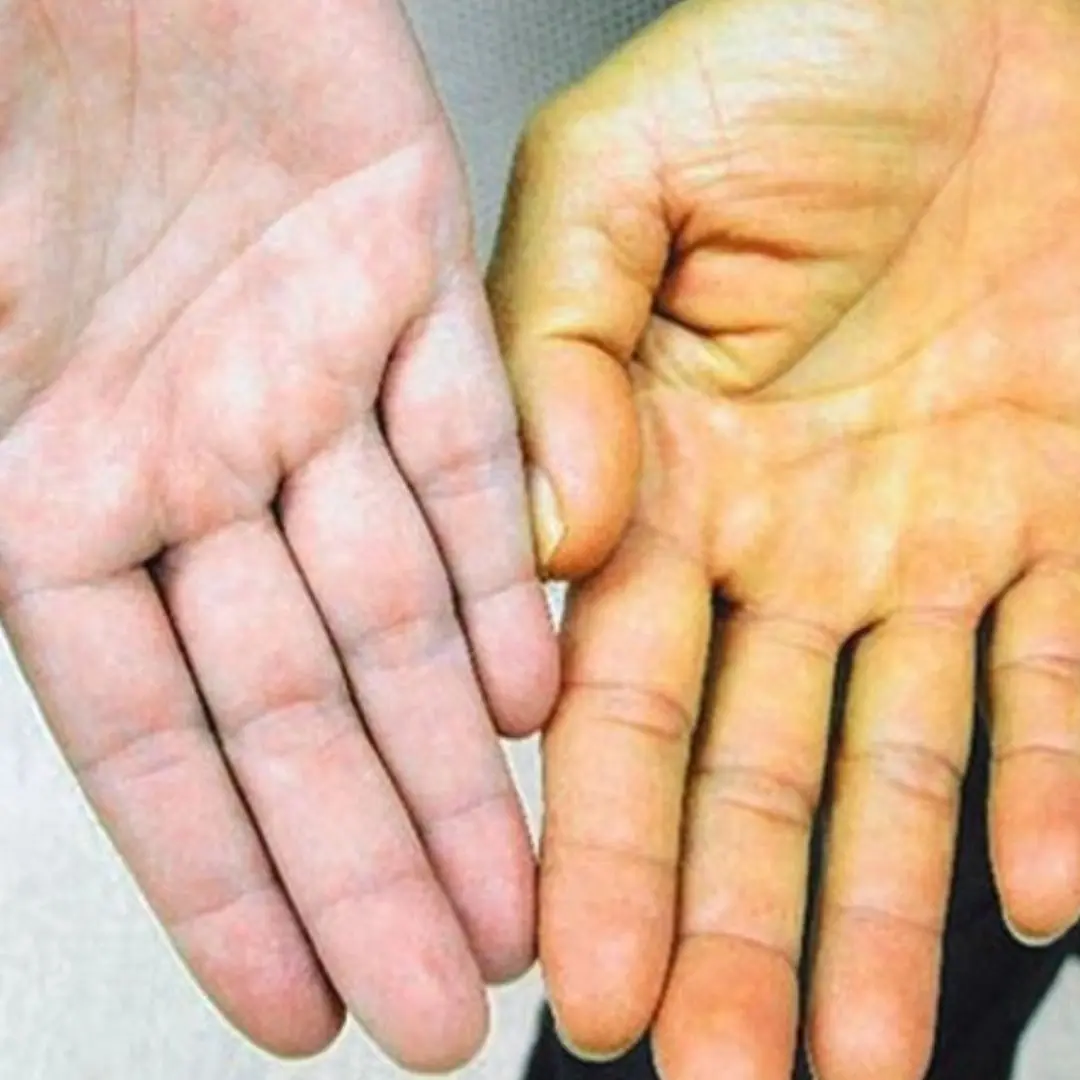
3 abnormalities in the hand warn of liver can.cer

When Nighttime Leg Cramps Become a Concern

What Sleeping On Your Left Side Does For Your Brain, Stomach And Lymphatic System
News Post

One Person Hangs the Laundry, the Whole Family Gets Sick

7 Foods You Must Avoid When You Have Dengue Fever

These 3 Nighttime Signs Reveal Your Kid.neys Are in Danger!
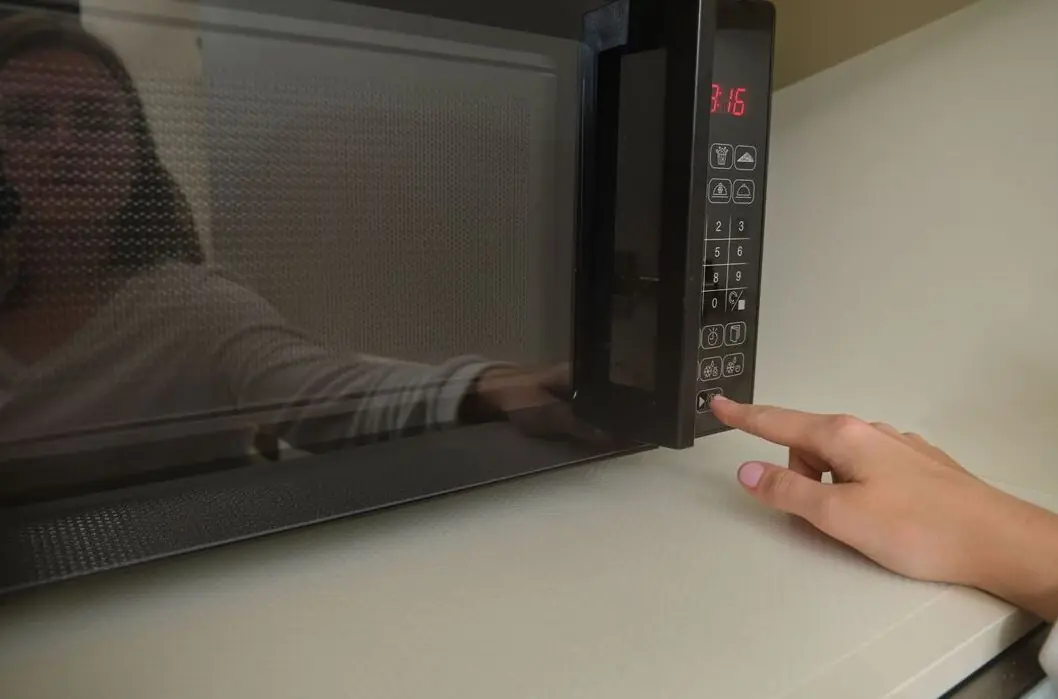
After 30 years of using a microwave, I finally discovered this “magic button”

The Vegetable That Helps Reduce Sugar in The Body. It is Diabetes’ Strong Opponent

The Power of Gyan Mudra: Benefits and How to Practice It

My Mother Gave My Wedding Fund to My Cousin Because ‘She’s Prettier and More Likely to Find Someone’

This key only opens one of the five cars — can you guess which one?

7 Warnings Your Body Gives You When You’re Too Stressed

Fish is very good for your health, but absolutely do not eat it like this: It can easily cause cancer, many people still get it.
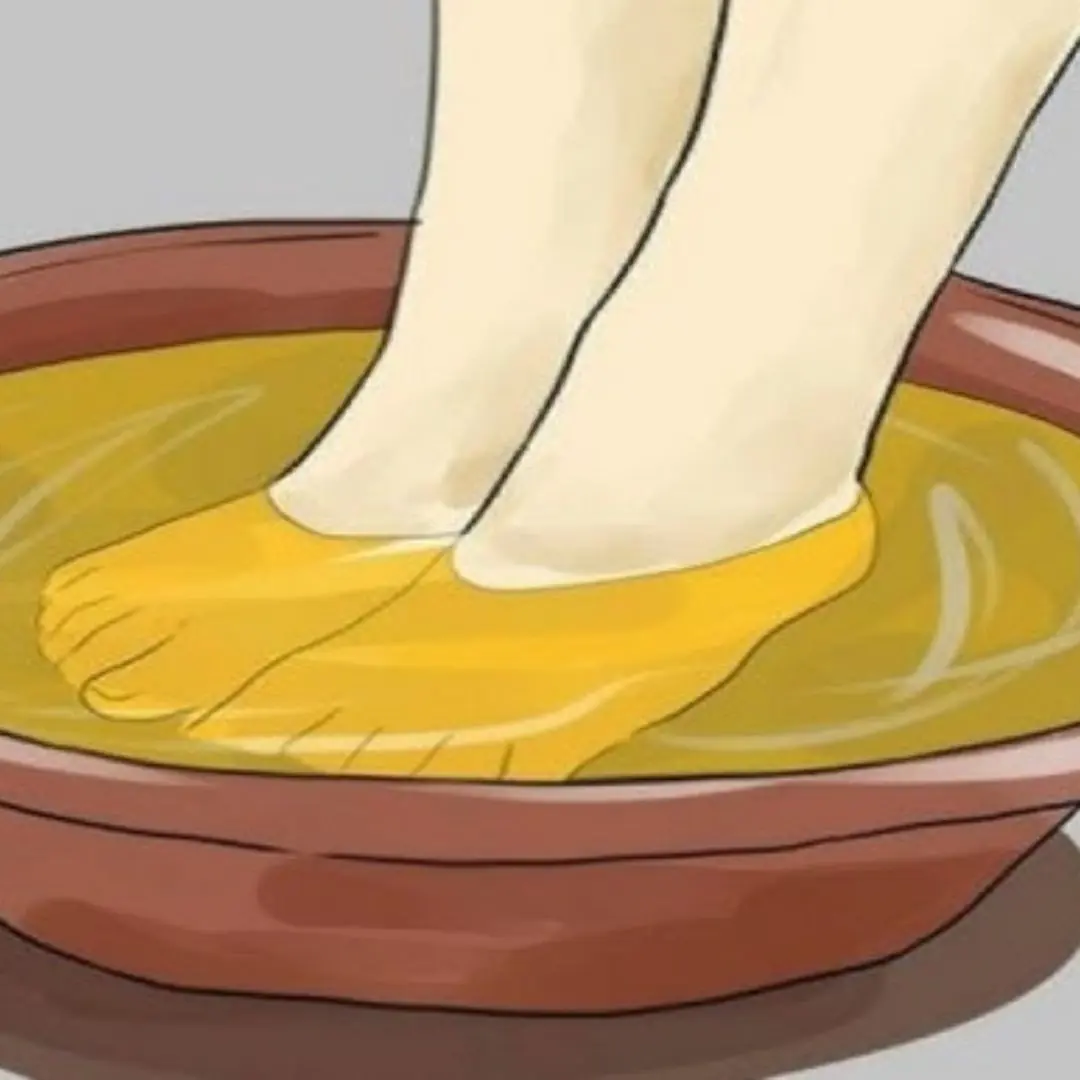
Foot Pain Relief: Should You Soak Your Feet in Warm Water or Cold Water? The Answer Might Surprise You!
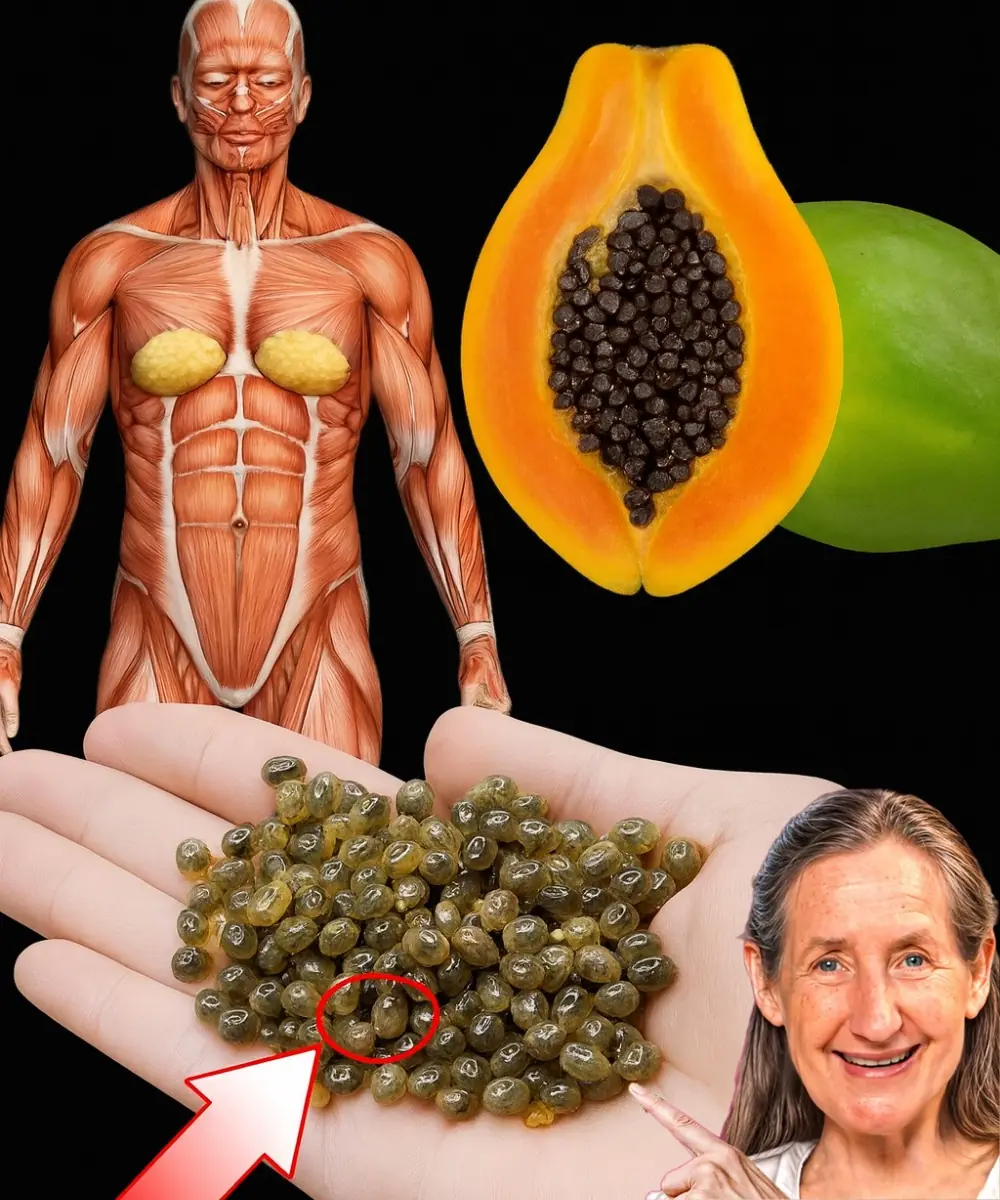
Papaya seeds can save you a lot of money at the pharmacy
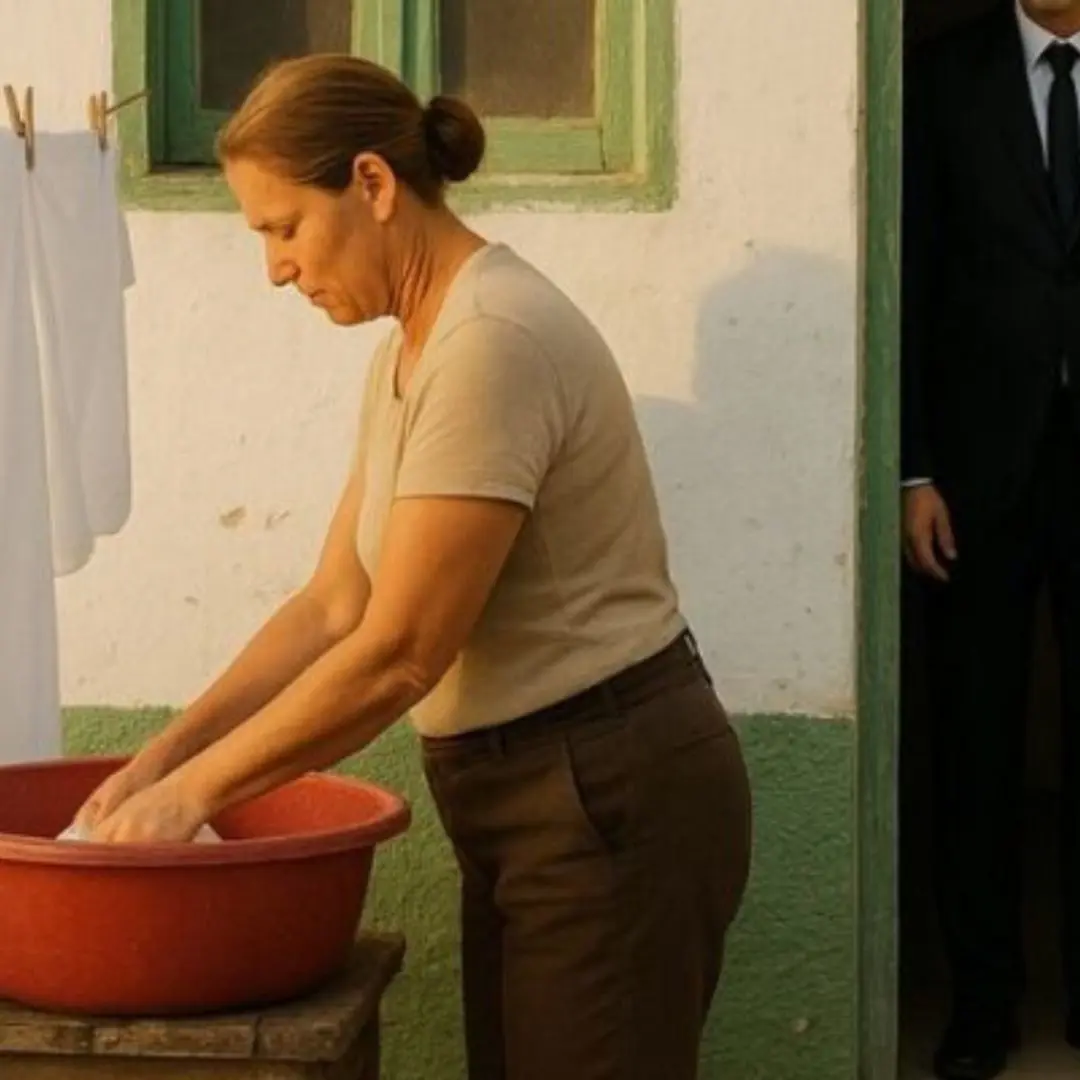
Each time the husband came home from a business trip, he’d find his wife carefully scrubbing the bedsheets. Curious one day, he hid a camera in their bedroom – only to uncover a painful truth that left him ashamed and heartbroken

The husband slapped his wife in front of his friends to show off — but her act of revenge left everyone shocked and speechless

Waking Up at Night to Drink Water, a 59-Year-Old Man Di.ed Five Days Late
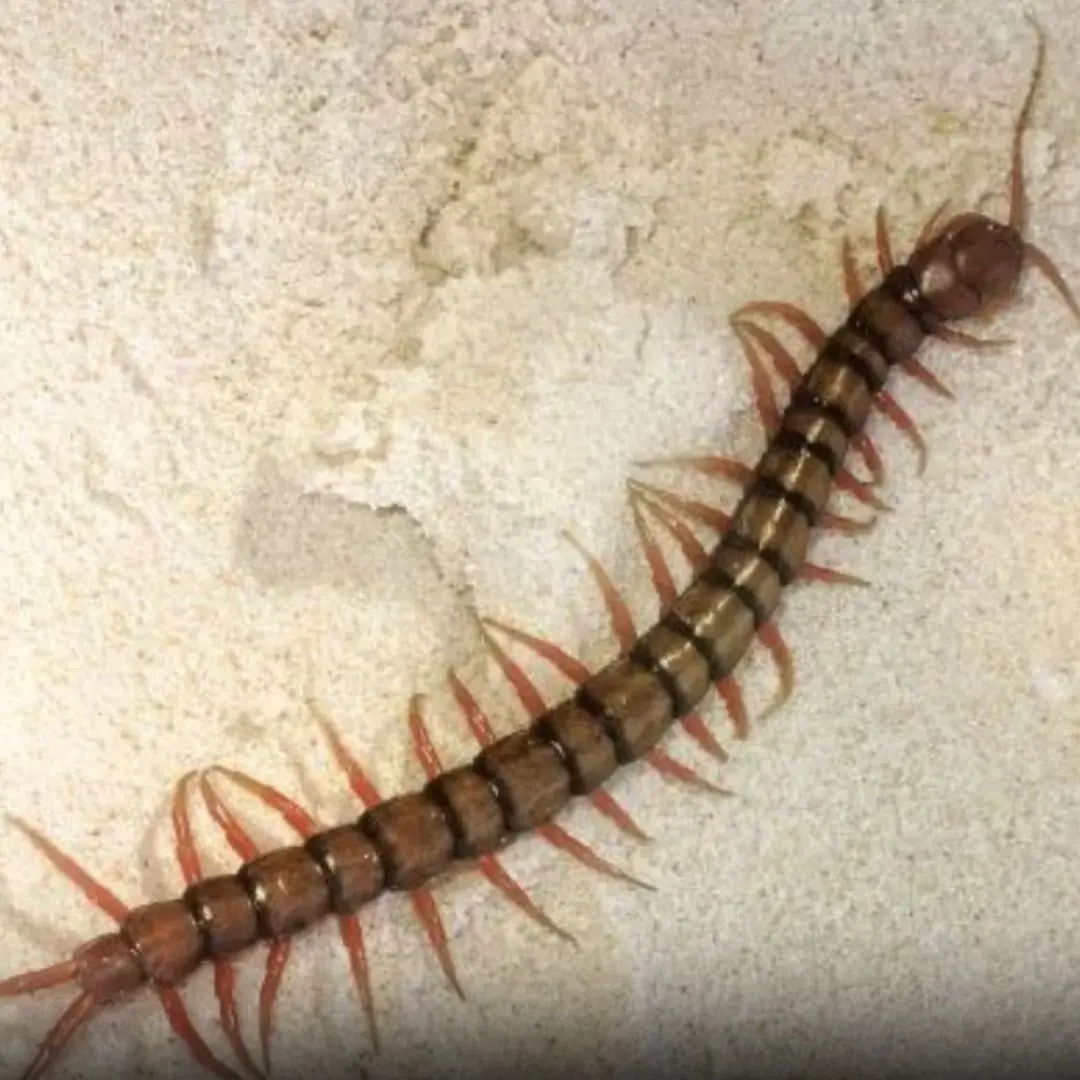
A centipede in your home isn’t random — here’s what it actually means

Elderly Homeless Woman Begged Me to Drive Her to Church — Three Days Later, She Knocked on My Door in a Lavish Gucci Coat

Found a Lump on Your Neck? Here’s What It Could Really Mean
